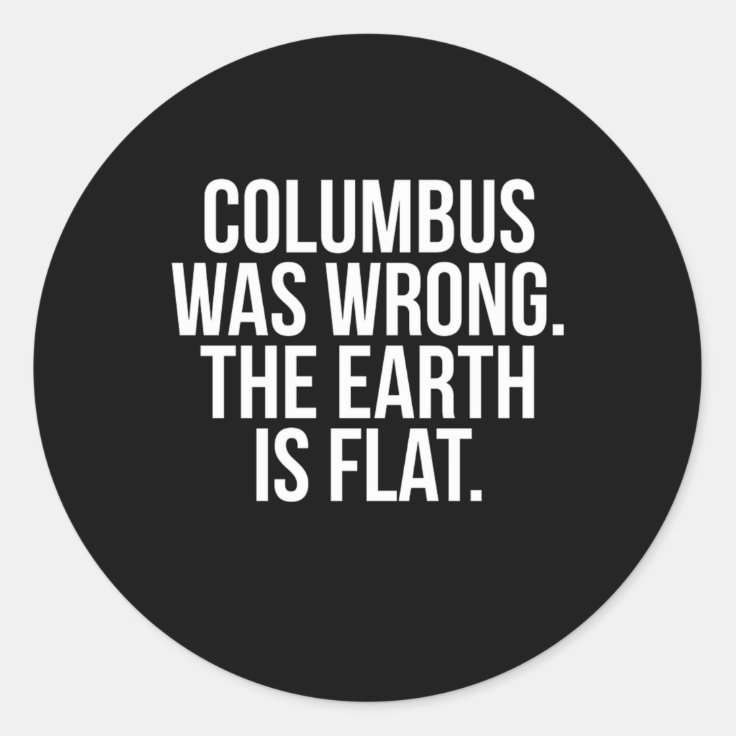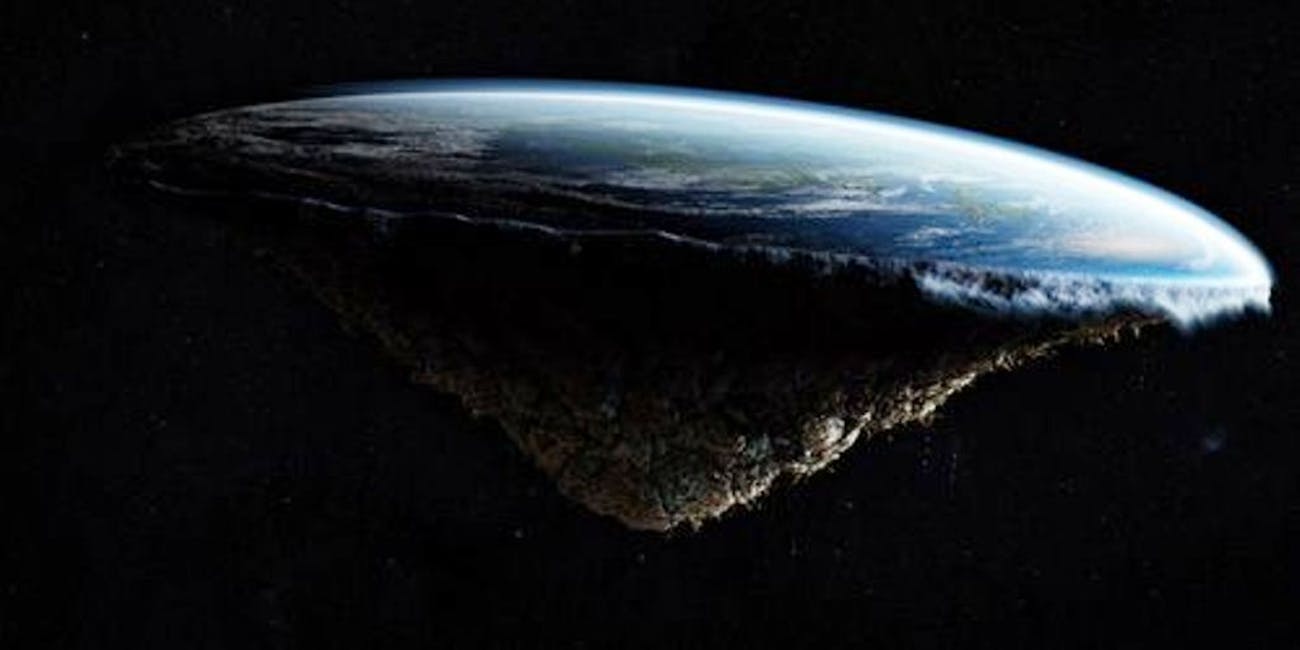Christopher Columbus is undoubtedly one of the most famous explorers in history. He is remembered for his voyages to the Americas, which opened up a new world of possibilities for Europe. However, there is a popular myth that Columbus believed the Earth was flat. In this article, we will explore the truth behind this myth.
The Flat Earth Theory

The flat earth theory is the idea that the Earth is flat, rather than round. This theory was widely accepted in ancient times, but was later disproven by various scientists and explorers. Despite this, the theory continues to persist in modern times, and has gained a following among a small group of people.
Did Columbus Believe in the Flat Earth Theory?

Contrary to popular belief, Columbus did not believe in the flat earth theory. In fact, he was well aware that the Earth was round, like most educated people of his time. Columbus had studied ancient Greek and Roman texts, which described the Earth as a sphere. He also had access to maps and navigational tools that were based on the round Earth theory.
Where Did the Myth Come From?

The myth that Columbus believed in the flat earth theory can be traced back to the 19th century. At this time, writers and historians began to portray Columbus as a hero who bravely sailed into the unknown, despite the opposition of those who believed the Earth was flat. This romanticized version of Columbus's story was perpetuated in popular culture, and eventually became a widely accepted belief.
The Truth About Columbus's Voyages

Despite the myth surrounding his beliefs about the Earth's shape, Columbus's voyages were still a remarkable achievement. He set sail in 1492 with the goal of finding a new trade route to Asia. Instead, he stumbled upon the Americas, which were previously unknown to Europeans. Columbus made a total of four voyages to the Americas, and his discoveries paved the way for further exploration and colonization.
The Legacy of Christopher Columbus

Christopher Columbus's legacy is a complicated one. While he is celebrated for his achievements in exploration, his treatment of the indigenous peoples he encountered has been widely criticized. Columbus and his crew enslaved and mistreated the native populations of the Caribbean, and brought diseases that decimated their populations.
In recent years, there has been a growing movement to reassess Columbus's legacy. Some argue that he should be viewed as a product of his time, while others believe that his actions should be condemned. Regardless of one's opinion on Columbus, it is clear that his voyages had a lasting impact on the world.
Conclusion
In conclusion, the idea that Christopher Columbus believed in the flat earth theory is a myth. Columbus was well aware that the Earth was round, and his voyages were a remarkable achievement that opened up a new world of possibilities for Europe. While his legacy is complicated, there is no denying the impact that Columbus had on history.